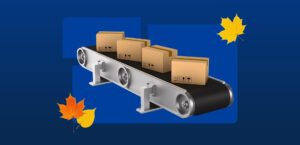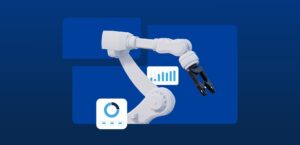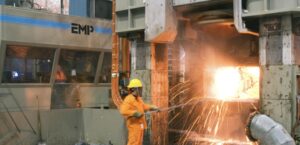How Much Does ERP Software Cost?

Enterprise resource planning (ERP) software is well worth the investment. To maximize that investment, you need to look at your business priorities and what matters most to you, as well as where and how you want to grow. As with many business investments, the size and scope of what you need will make all the difference.
One of the greatest benefits of ERP systems is that they are highly customizable and personalized to your business. Instead of looking at the individual costs of various ERP software, it makes more sense to take a look at the factors that influence the cost of this software so you can make the best decision for your business.
Factors Influencing ERP Pricing
Users
First, consider the number of users that will be accessing your ERP system. In general, most systems are priced per user rather than structured as a flat rate. Consider your users’ needs; smaller-scale ERP platforms are more affordable for small businesses but may lack the features and applications of larger software platforms suited to an enterprise level.
Deployment
Whether you deploy your ERP software on-premises or through a Cloud-based model will influence your costs.
Cloud-based systems involve an ongoing subscription fee, while on-premises systems require a higher start-up fee because they factor in infrastructure and perpetual licensing needs. You can save with SaaS (Software as a Service aka the Cloud) by freeing up expenses that would otherwise be devoted to implementing and maintaining software on-premises.
Maintenance
Maintenance and training are impacted by how the software will be deployed, as some Cloud-based vendors offer maintenance and updates as part of a package deal. Whichever implementation you choose, know that training and support will factor into your ongoing costs, unless they are otherwise included in the upfront fee.
Features
ERP systems are meant to be tailored to your business, so you should not be paying for features you will not use. It’s important to analyze the offerings of each potential system upfront to ensure you will be using it to its fullest capabilities. Another great benefit to ERPs is their integration capability. While you’re evaluating features, be mindful of what additional software integrations you may need.
Above all, it’s important to remember that there isn’t a ‘one-size-fits-all’ cost when it comes to ERPs—just as there isn’t a ‘one size fits all’ system. These are just some of the things to consider when budgeting for an ERP system that is customized to you.
Our team of ERP experts are on standby to help you evaluate ERP software and find the right solution for your business and your budget. Contact us for more information, give us a call at 412-562-9660, or email us at info@decision.com.
Similar Blogs

December Decision Digest

November Decision Digest





